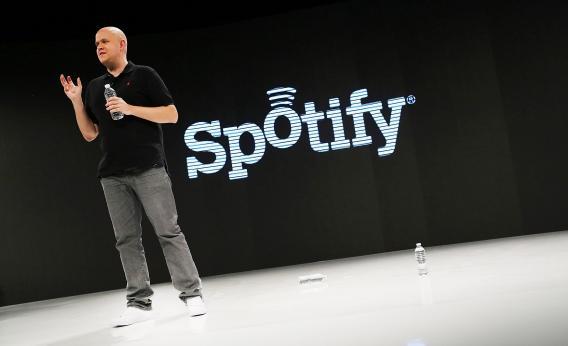After years of bad legal music options versus the bounty of illicit downloads, online streaming music services have created a consumer paradise. With Spotify, Rdio (my favorite) or Pandora you can listen to all the music you want for little-to-no money and extraordinary convenience. It’s like magic. It almost seems too good to be true.
And as Ben Sisario writes, it basically is too good to be true. These firms kick modest royalties back to the record companies, who kick even more modest royalties back to the artists, who end up with very little money.
That artists aren’t making much money shouldn’t be enough, as such, to turn people against the services. The reality is that it’s always been the case that most musicians earn very meager sums of money. In exchange, you get to do something people generally think is cool and you have a small chance at making tons of money by becoming a superstar. But a question everyone ought to be asking themselves is, given how little money artists make off this paradigm, why are other people making so much? Are record companies really adding meaningful value to this industry trend? Are the streaming services themselves?
